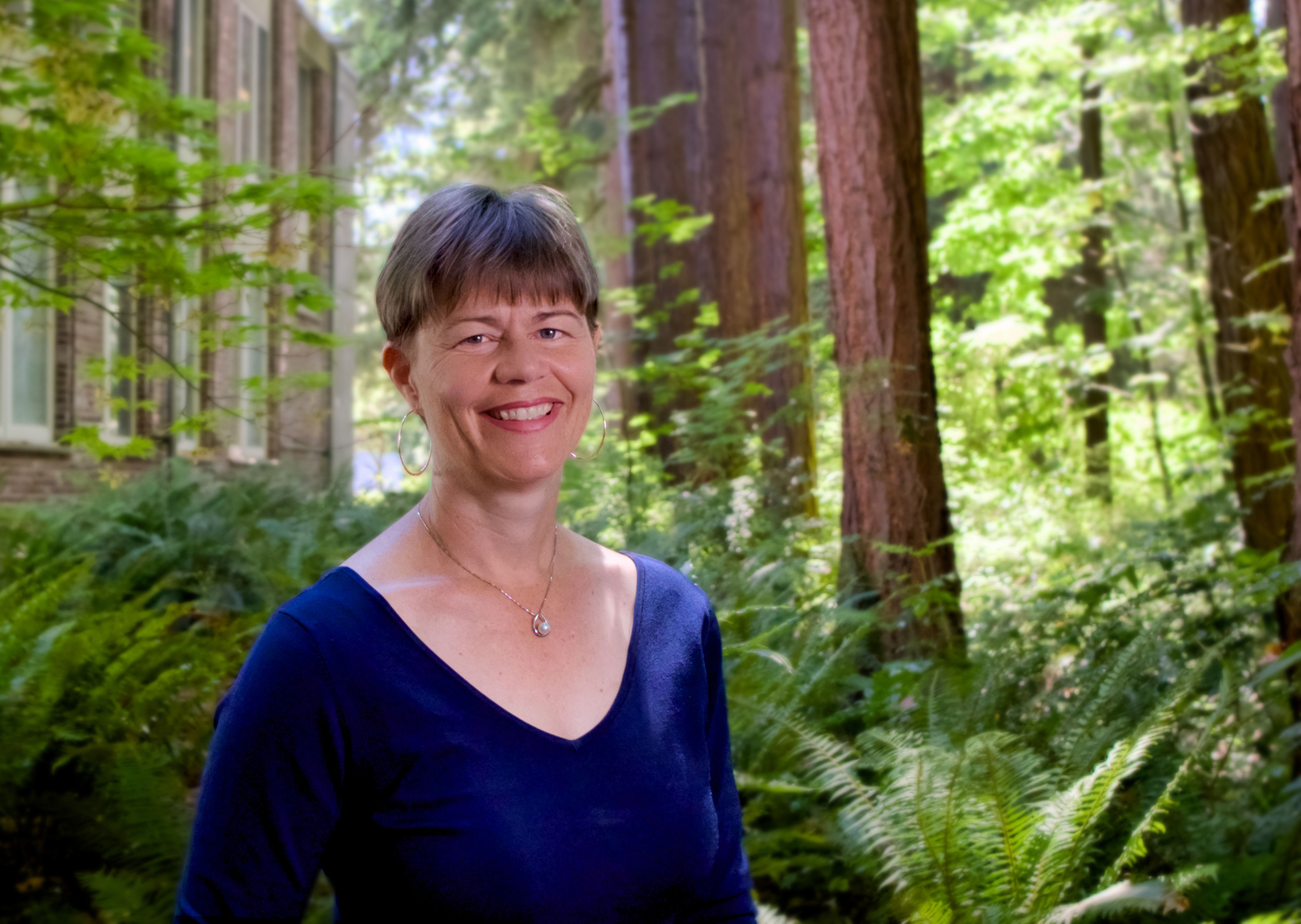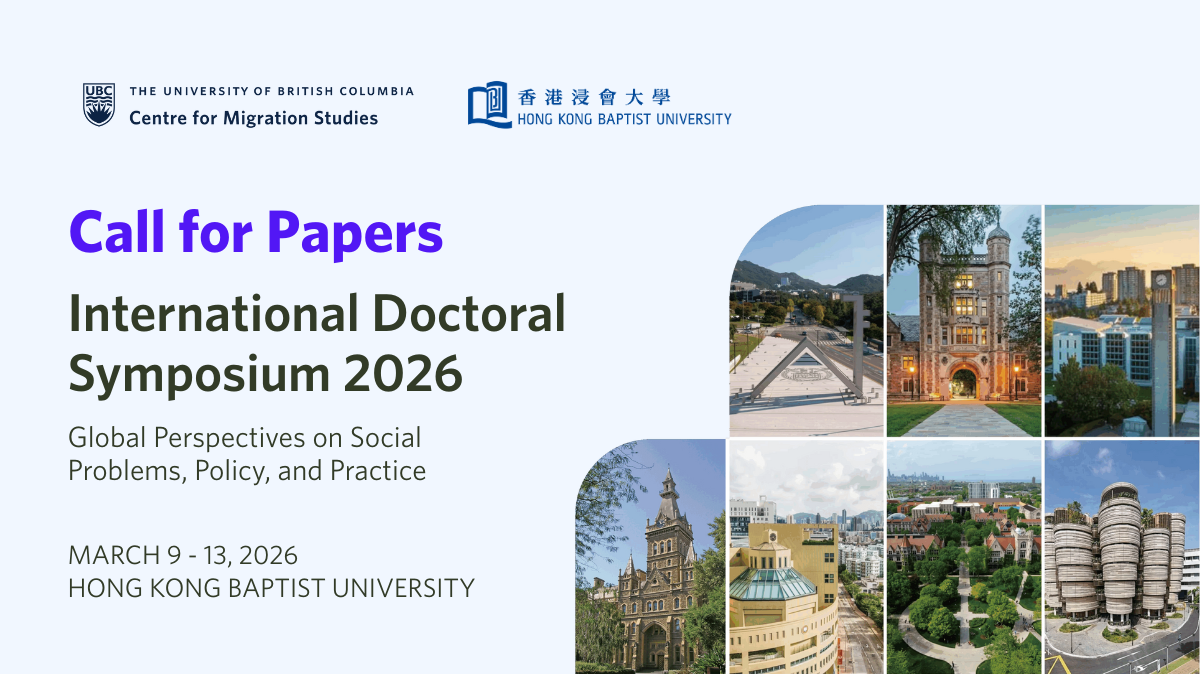

Join us in welcoming Dr. Irene Bloemraad as the new CMS Co-Director, starting July 1, 2024.
Dr. Bloemraad joins the University of British Columbia as the President’s Excellence Chair in Global Migration and as a Professor in the Departments of Political Science and Sociology.
Dr. Bloemraad is an internationally recognized expert on migration and citizenship. As a political sociologist, her research focuses on immigrant integration into political communities and the impacts of migration on politics and membership. She has studied why immigrants become citizens and how citizenship aids their political, civic, social, and economic integration, comparing these processes in Canada, the U.S., and European countries. Additionally, she investigates the opportunities and barriers for immigrants in community-based organizations and the role of non-profits in their integration and political voice. Dr. Bloemraad also explores how public attitudes toward noncitizens change based on different issue framings, such as through appeals to human rights, family unity, economic impact, or a nation’s values.
We spoke to Dr. Irene Bloemraad about her research and her new position as CMS Co-Director.
What inspired your interest in studying migration and citizenship?
I’ve been an immigrant multiple times, so my personal experience definitely plays a part. I also love studying migration and citizenship because you need an interdisciplinary approach. International migration is about crossing borders, so understanding laws and politics is critical. Furthermore, your visa or legal status affects your rights and what you can do, like work or study. So, a migration lens shifts standard models in economics or sociology. But legal status and migration experiences also influence your dreams and how others see you. It is a dance between seeking acceptance and belonging but also retaining who you are and where you’ve been. This can call on more humanistic ways of thinking.
In your opinion, what are the most pressing issues in migration and mobilities research today? How can CMS contribute to addressing these challenges?
There are so many pressing issues! One is clearly the mismatch between the millions of people who would like to cross borders to live in another country, on the one hand, and the intense political pressure to keep migrants out, on the other. The policy challenges are intense, and I want CMS to contribute to that conversation. The Centre can offer evidence-backed research to clarify what is going on, as well as illuminate the ethical trade-offs of different policy choices.
I’m also inspired by the decolonizing initiatives that CMS has undertaken. The question of what it means to be a migrant in a country like Canada, and a place like Vancouver, in a land with unceded territories and longstanding nations, is really challenging. Globally, very few migration research centres are asking such questions. CMS is a clear leader, and we can highlight that more.
How do you envision your role in supporting interdisciplinary research and collaboration across different fields of study?
I really want to showcase the range of work done by Centre affiliates. I’m hoping that we can develop regular research and policy briefs as well as expand outreach efforts to share what we do with the public, policymakers, journalists, other academics, and those working in the immigration sector and beyond. I also want to facilitate team projects, including teams that might be unusual because they bridge research fields. I imagine, for example, a scientist who models sea-level rise working with an expert in international relations and a sociologist studying integration, to think through migration under climate change. My own works spans disciplines and methodologies, and I love learning from others. I’m excited to have this sort of intellectual curiosity be a pillar of CMS, to spark innovation.
Can you share an example of a project or study you’re particularly excited about working on in your new role?
My first book, published 18 years ago, looked at why immigrants in Canada acquired citizenship much more quickly and at higher rates than similar immigrants in the United States. Today, there is still a naturalization gap between the two countries, but a few reports by Statistics Canada are sounding the alarm about declining citizenship in Canada. The persistence of the decline is uncertain, given COVID; many people put off applying or faced long wait times. But the data also reveal something I find perhaps more troubling: disadvantaged immigrants – those with limited official language skills or less education – are significantly less likely to hold Canadian citizenship than more advantaged immigrants. These weren’t meaningful factors when I was doing research in the late 1990s and early 2000s.
So I’m looking forward to joining various projects underway at CMS on citizenship. One is a statistical analysis of the barriers and support structures that affect naturalization in Canada. Another is an analysis of narratives about what it even means to be a Canadian citizen, as portrayed in the citizenship guides published by the Canadian government. These guides provide a fascinating snapshot into membership and nationalism. What is highlighted, and where are the silences? For instance, are Indigenous peoples mentioned and, if so, how are they portrayed?
Based on your own experiences and journey, what advice would you give to students or researchers interested in pursuing a career in migration studies?
For students interested in an academic career, one of the challenges (and joys!) of doing migration studies is that you have to straddle being a disciplinary expert and an interdisciplinary one. There are almost no departments of “migration studies.” So, you have to demonstrate success within an existing discipline, whether that is economics or education, to get hired and get tenure. But the language and concepts used by any particular discipline, as well as the theories and methods that are considered mainstream, can be quite alien to the interdisciplinary community of migration studies. To have productive conversations, and publish in migration journals, you need to read widely and incorporate broad knowledge into your writing. This can be hard, but it is also exciting intellectually.
And what about those interested in non-academic careers?
For those interested in working in government, the non-profit sector, or business, I’d underscore the value of multi-method, interdisciplinary training. Everyone should build basic skills in statistics and quantitative analysis. It is important to understanding broad trends, and to be able to weigh the importance of different factors. Do the numbers really show declining naturalization in Canada? If so, is this mostly driven by changes in the types of immigrants coming to Canada, or due to changes in how Canada welcomes newcomers or processes citizenship? At the same time, numbers give little purchase on the nuances and details of any one person’s or one family’s life, the choices they make, and the way they experience both joys and hardships as they adjust to a new country. So training in conducting semi-structured, in-depth interviews is really valuable, too.
In addition, for better or for worse, policy choices or choices about organizational priorities are not wholly determined by data. These are also normative decisions. Should Canada’s immigration policy mostly favour economic goals, family reunification, or humanitarian considerations when determining who gets a visa? Universities are incredible spaces for debating values and priorities because of the diversity of people on campus and the importance of respectful debate.
Finally, can you tell us one special skill or talent you wish you had?
There are quite a few talents that I would like to have! I have no musical ability, but I’d love to be able to sing or play an instrument. In cleaning up for the move to Vancouver, I found an old drawing from when I was in grade 2. The teacher had asked us what we’d like to do when we grew up. I drew myself as a rock star, with a microphone in my hand and a spotlight shining down on me. The closest that I get to that in my real job is when I have a lapel mike on, and I teach a lecture class of 240 students. I certainly don’t sing, but I do try to make my classes engaging. This past year, I’ve been taking a 40-hour online course on presentation and slide design skills, which I’ve been really enjoying. So maybe in a year or so I can claim a special talent in public presentations.


